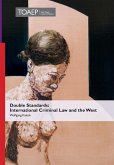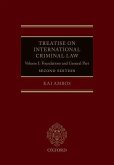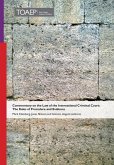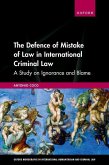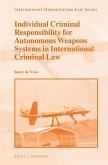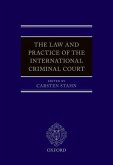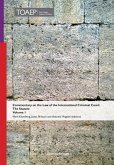This research aims to evaluate the influence of the criminalization of the crimes and abuses committed by the courts in the Nuremberg trials of the surviving leaders of the Nazi regime after World War II and the foundations of its constitution, which represented a legal advance that would later be used by the United Nations (UN) for the development of a specific international jurisprudence on the subject of war of aggression, war crimes and crimes against humanity, as well as for the subsequent creation of the Rome Statute in 1998, which was the first attempt by the UN to create an International Criminal Court to try those responsible for genocide, war excesses, torture and crimes against humanity, such as murder, discrimination, aggressions, aggressions and crimes against humanity: assassinations, discriminations, aggressions and forced disappearances in open dictatorships or in modern autocracies, which take refuge in facades of democracy.
Bitte wählen Sie Ihr Anliegen aus.
Rechnungen
Retourenschein anfordern
Bestellstatus
Storno


